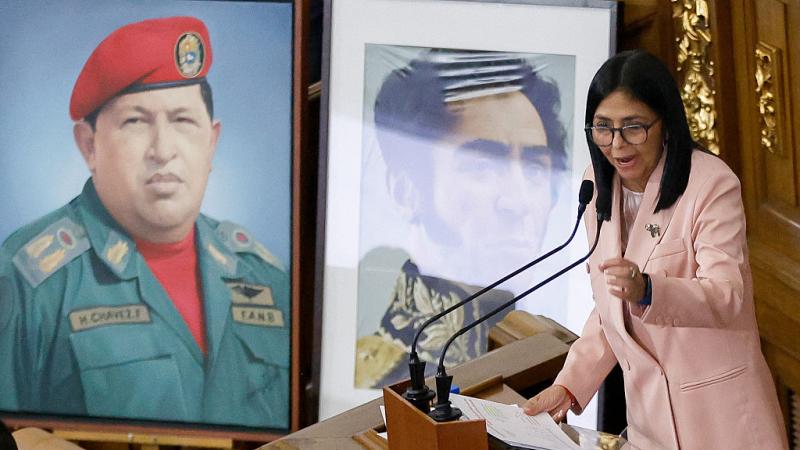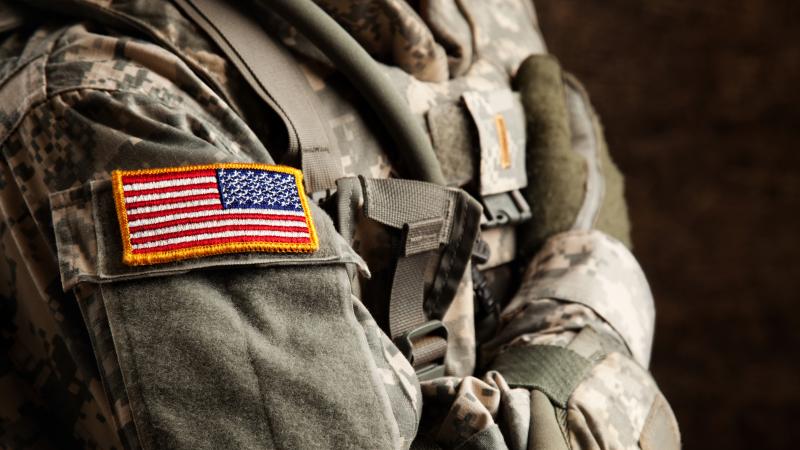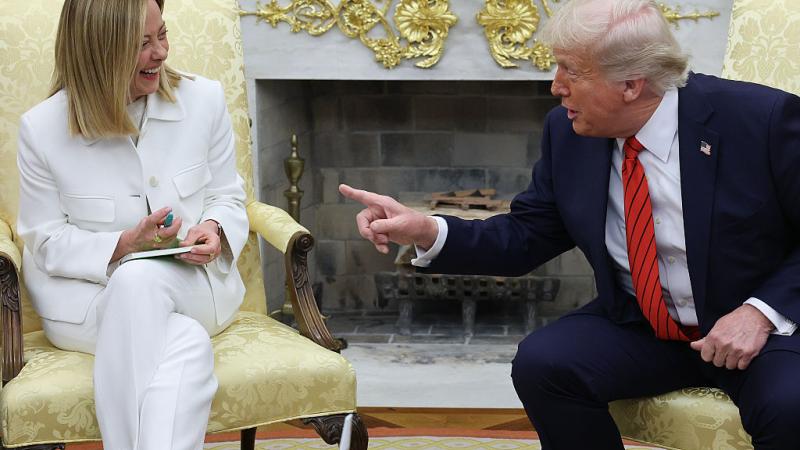Tariffs' aftermath pummel Trump's approval ratings on economic matters
The administration ultimately backed off and implemented a 90-day pause on the most severe tariffs while leaving those on China in place and keeping a base-line 10% tariff on most nations. The tariffs triggered calamity in global markets.
President Donald Trump is facing a marked decline in his approval ratings in the wake of his “Liberation Day” tariffs, which suggests he faces an imperative to negotiate favorable trade deals amid the 90-day pause on the most extreme tariffs.
Trump’s “Liberation Day” event weeks ago saw him impose sweeping “reciprocal” tariffs on nearly every nation, fulfilling a campaign promise aimed at restoring domestic manufacturing and luring investment to the U.S. interior. "Jobs and factories will come roaring back into our country and you see it happening already. We will supercharge our domestic industrial base,” he declared at the time.
The implementation of those tariffs led instead to tumult in the markets and significant backlash from the financial sector. The administration ultimately backed off and implemented a 90-day pause on the most severe tariffs while leaving those on China in place and keeping a base-line 10% tariff on most nations.
In the interim, the administration hopes to negotiate favorable agreements with as many nations as possible and White House advisor Peter Navarro has suggested the nation faces the prospect of “90 deals in 90 days.” Such a development could potentially assuage the public about economic turbulence and help Trump to rebound.
Trending down
Trump currently boasts a 48% approval rating among registered voters in the latest Napolitan News Survey, while 51% disapprove of him. Notably, 26% “strongly” approved of Trump while 40% “strongly” disapproved.
The topline figure is loosely in line with the RealClearPolitics polling average, which currently assigns Trump a 46.5% approval rating and a 50.5% disapproval figure. Trump last enjoyed positive approval on March 12 for that metric. Conducted April 9-16, the survey questioned 3,000 registered voters and had a margin of error of +/- 1.8%.
The trend is not limited to the Napolitan survey. The most recent Atlas Intel survey found Trump enjoyed a 46.1% approval rating and a 52.4% disapproval rating among U.S. adults. Conducted April 10-14, the survey questioned 2,347 U.S. residents and had a margin of error of +/- 2%.
Trump's first net negative approval rating
The Napolitan results marked the first time in that survey that Trump faced a net negative approval rating. Most likely driving the decline is voter apprehension over tariffs and the economy. Among registered voters, 34% identified the economy as the most important issue, while 16% zeroed in on tariffs specifically. Ten percent chose immigration. Prior to the survey’s inclusion of tariffs as an option, only 40% chose the economy while 16% chose immigration.
The Atlas Intel survey echoed the sentiment found in the Napolitan survey, suggesting that souring voter opinions on the economy were adversely impacting Trump's popularity. In that survey, the president was underwater on most economic issues. On job growth, 44% rated his performance as excellent or good, while 55% rated him as poor or terrible. On taxes, those figures were 42% positive and 55% negative. On the economy generally, it was 42% to 56%. China-U.S. competition showed him with 46% positive to 54% negative.
Many of Trump’s policy proposals on the China and energy issues enjoy plurality support. Boosting fossil fuel production and ending clean energy subsidies, for instance, saw 61% either “mostly” or “strongly” in favor, with only 35% “mostly” or “strongly” against. Tariffs, moreover, earned 52% when pitched “as a negotiating tactic” while 42% opposed such a move.
But it’s especially the tariffs
On the tariffs more generally, 51.7% were “completely” against them, with another 6.5% “mostly” against. Just 23.4% were “completely” in favor while another 17.5% were “mostly” in favor. Economic issues ranked at the top of American priorities, with 47.2% identifying the economy and job market as one of the U.S.’s “greatest challenges.” Inflation and cost of living ranked second with 39.7%.
Voters also had strong opinions on their preferred duration for the tariffs. Nearly half, 49.8%, said that the tariffs ought to be temporary, while 36.9% said they should be permanent. Just 13.3% were unsure. They also expected the tariffs to increase inflation by a wide margin, with 63.9% expecting that result and 17.8% expecting the reverse. Just 8.5% said they would have no impact while 9.8% were unsure.
Trump appears unlikely to severely reverse course on the tariffs and on Thursday, during a meeting with Italian Prime Minister Giorgia Meloni, suggested they were proving successful as a tool for raising revenue.
“We're taking tremendous amounts of money with the tariffs. We were treated very unfairly on trade, and countries are having a hard time getting used to the fact that they can't do that to us anymore, because we have a real president,” he said.
“So I think you're going to see some fantastic numbers when this all happens,” he added. “It's happening now. I mean, everybody wants to make a deal, and if they don't want to make a deal, we'll make the deal for them, because that's what's going to happen.”















